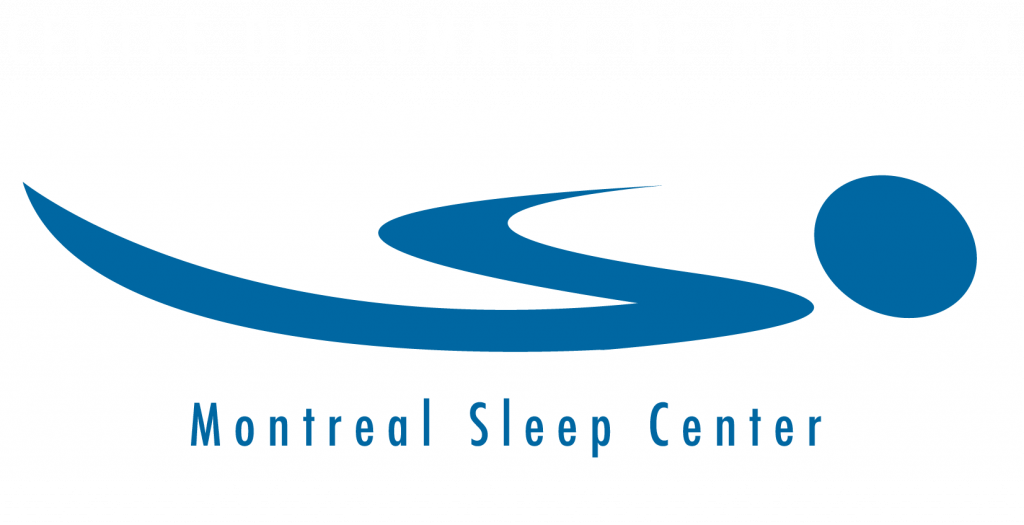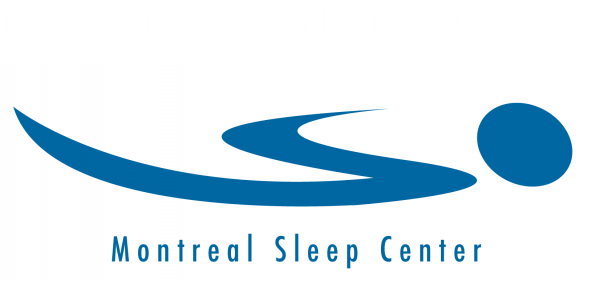Sleep apnea is a sleep disorder that can cause difficulties in breathing while you are asleep. If your partner or roommate or sibling or anyone sleeping next to you has told you that you snore loudly, or if you feel extremely tired even after getting a full 8-hours sleep, then it you may have sleep apnea. There are three kinds of sleep apnea: obstructive sleep apnea, central sleep apnea and complex sleep apnea syndrome. Obstructive sleep apnea is a common type of sleep apnea which occurs when throat muscles relax while sleeping. Central sleep apnea occurs when the brain is unable to send signals to muslces that control breathing. Complex sleep apnea is also known as treatment-emergent central sleep apnea. It occurs when someone is suffering from both obstructive and central sleep apnea.
Here are some of the common warning signs of sleep apnea:
- Loud snoring
- Waking up with either a very sore or dry throat
- Feeling sleepy on waking up
- Lack of energy and lethargy during the day
- Waking up with a sharp headache
- Feeling restless during sleep
- Feeling sleepy while driving
- Occasionally waking up with a choking or gasping sensation
- Mood swings and forgetfulness
- Reduced sex drive
Sleep apnea – top risk factors you must know:
1. Being overweight can put you at risk of sleep apnea. This is one of the many reasons why it is important to maintain a healthy weight. Deposits of fat in your airways can obstruct your breathing when asleep.
2. If you have a thicker neck, you may be at risk of narrower airways. You can also have narrow airways if you have tonsillitis or adenoids.
3. Men are twice or thrice as likely to have sleep apnea as comared to women, reports the Mayo Clinic. Risks of sleep apnea increase in women when they are about to hit menopause or are overweight.
4. Some people have sleep apnea in their family history. As you get older, risk of sleep apnea also increases.
5. Smoking puts you at risk of obstructive sleep apnea. Smoking increases inflammation and fluid retention in upper airway.
6. Nasal congestion can put you at risk of obstructive sleep apnea. Congestion in nasal passages can make breathing through nose difficult.
Sleeping well is important for your overall health and well-being. Treat sleep apnea at the earliest for a good night’s sleep.
Disclaimer: This content including advice provides generic information only. It is in no way a substitute for qualified medical opinion. Always consult a specialist or your own doctor for more information.
—

